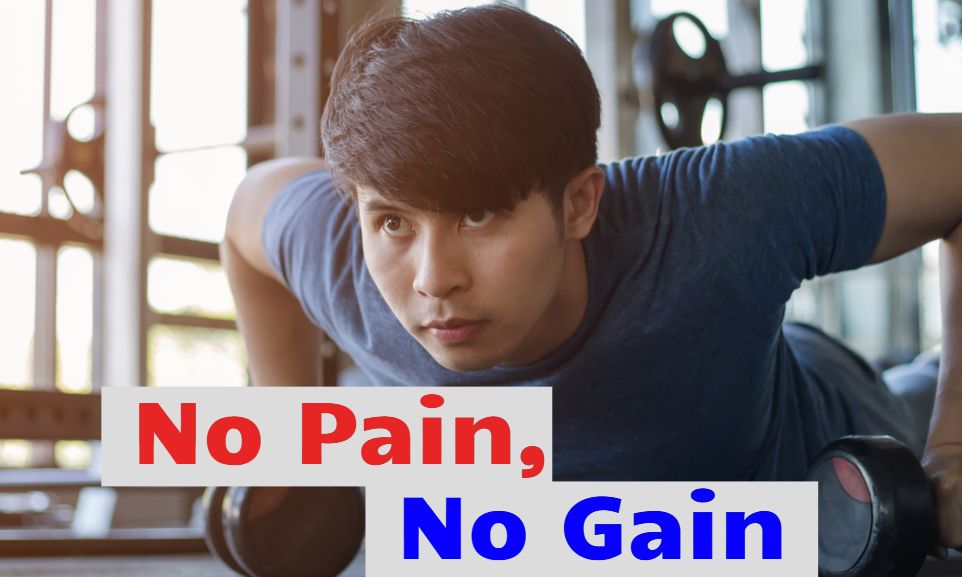
No Pain, No Gain
The West hates the whole idea of 'pain', and is obsessed with helping people to 'escape' from their pain. But Judaism has a very different take on pain...

These days, so many people make a very good living from ‘pain relief’ or ‘pain management’, both physical and emotional. The West hates the whole idea of ‘pain’, and is obsessed with helping people to ‘escape’ from their pain. But Judaism has a very different take on pain. For believing Jews, pain, like everything else in the world is sent by G-d; which means that ultimately, it’s performing a positive function in our lives, and is being sent to us in order to get something in our lives re-evaluated, re-assessed, changed or fixed.
Shaul Rosenblatt lost his wife at a young age, to breast cancer. A few years’ later, he wrote a book about his experiences, called ‘Finding Light in the Darkness’. One of the things he talks about a lot is how pain is actually a very useful thing, and is probably the key factor in encouraging people to get out of their comfort zones, and to grow to their full potential.
In that book, Rosenblatt tells the story of Daniel, a guest who’d been in a coma for two years after a massive brain haemorrhage during an operation. Daniel came to the Rosenblatt’s house for a meal, and was very nervous about eating anything. Why? Because he still couldn’t feel anything, anywhere in his body. He was  completely ‘pain-free’ – but it was definitely NOT a blessing.
completely ‘pain-free’ – but it was definitely NOT a blessing.
Rosenblatt explains that: “Without being able to feel, (Daniel) was unable to judge temperature and he could very easily drink boiling hot tea, and scald his mouth and throat, without even realizing that he was doing so. With his early warning system of pain gone, he could be destroying his body without noticing. Were he to tread on a piece of glass, he could continue walking without knowing that he was tearing his foot to shreds.”
Pain is not random. When we feel pain in our lives, whether it’s physical pain, or spiritual and emotional pain, we should remember that G-d is sending it to us as an ‘early warning’ system, that we are doing something that is ultimately not good for us.
The classic Jewish work, Ethics of our Fathers tells us (5:23) that: “according to the pain is the reward”. Or to put it more colloquially, no pain no gain. But if we don’t make an effort to really live our emuna, and to really see G-d behind all the circumstances in our lives, we’ll never really understand the point of pain.
A few days’ ago, I was walking around, doing my early-morning walk-and-talk-to-G-d personal prayer session, when my left leg started to hurt. First it was my calf; then my knee; than my hip; then everywhere, all over, at once. Within a minute or two, I was in complete agony, and I had to cut my usual walk short and head straight home.
By the time I got there, limping and even crying a bit, because it really, really hurt, I was starting to think all sorts of dark thoughts about what was causing it, what it all meant, what a massive problem it was going to be to be effectively hobbled for the next few days, until I worked out what was going on with my leg.
But then, my emuna kicked in, and I remembered Rav Arush’s three rules of emuna, namely that 1) everything comes from G-d; 2) everything is for my good; and 3) He’s trying to send me a message.
I grabbed a book called Anatomy of the Soul off my shelf, which explains how different parts of the body are connected to different spiritual issues, and the book opened to a section talking about legs.
The following sentence jumped out at me: “Not to walk in an arrogant manner.” The penny dropped, and I realized that a couple of minutes before the pain in my leg had started, I’d passed a couple of people jogging in fewer clothes than I was wearing, and I’d felt so superior to them.
“Look at me, and how holy I am in comparison!” I thought to myself. “Man, I’m the holiest person walking around this track by a lonnnngggg way!” A few seconds later, I was in agony.
I sat on my sofa, I spent five minutes doing some sincere soul-searching and apologizing to G-d for my incredible arrogance – and the pain completely disappeared.
Pain isn’t fun. We don’t ask for pain; but we also don’t run away from it. It’s just an early-warning system, and if we listen to that warning, and respond to it appropriately, both the underlying problem and the pain can disappear just like that.
* * *
Check out Rivka Levy’s new book The Happy Workshop based on the teachings of Rabbi Shalom Arush.





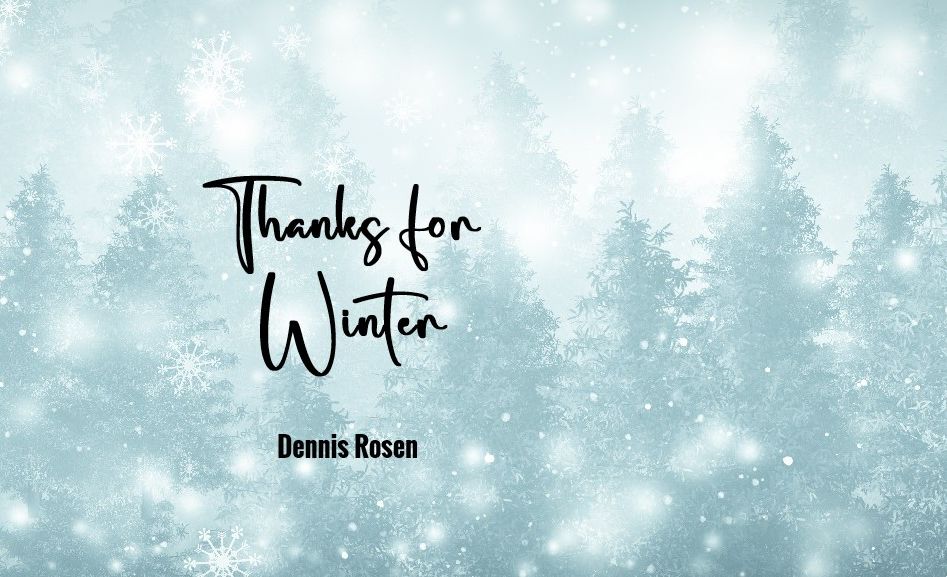
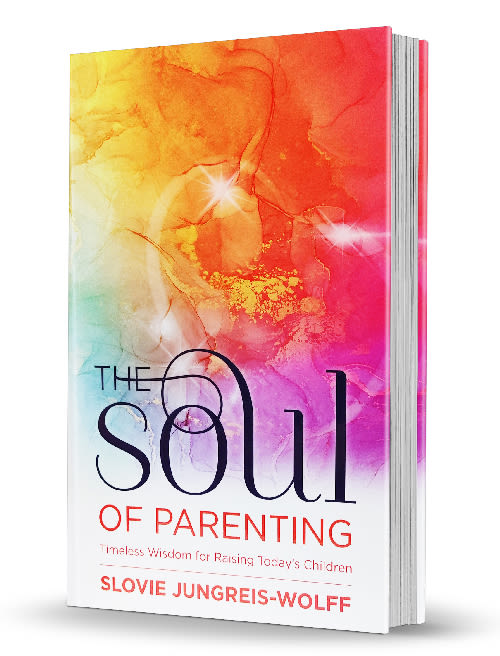
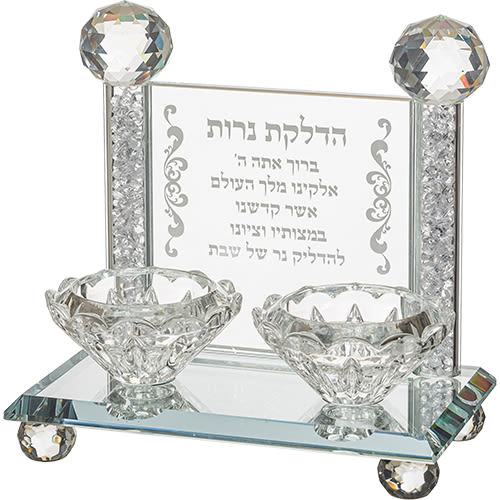
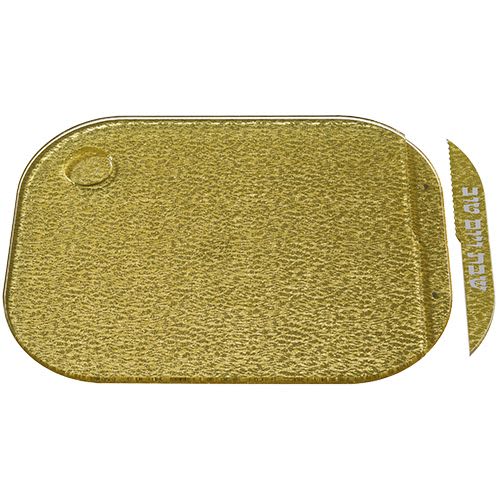

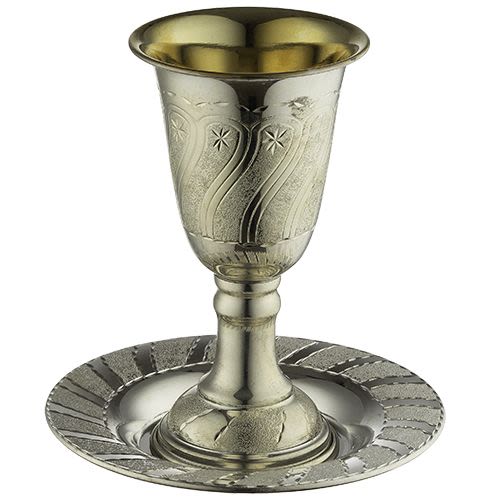
9/13/2013
Author of anatomy of the soul Rivka Levy , the author of the article 'no pain no gain ' mentions a book anatomy of the soul . would you perhaps know the author ?
9/13/2013
Rivka Levy , the author of the article 'no pain no gain ' mentions a book anatomy of the soul . would you perhaps know the author ?